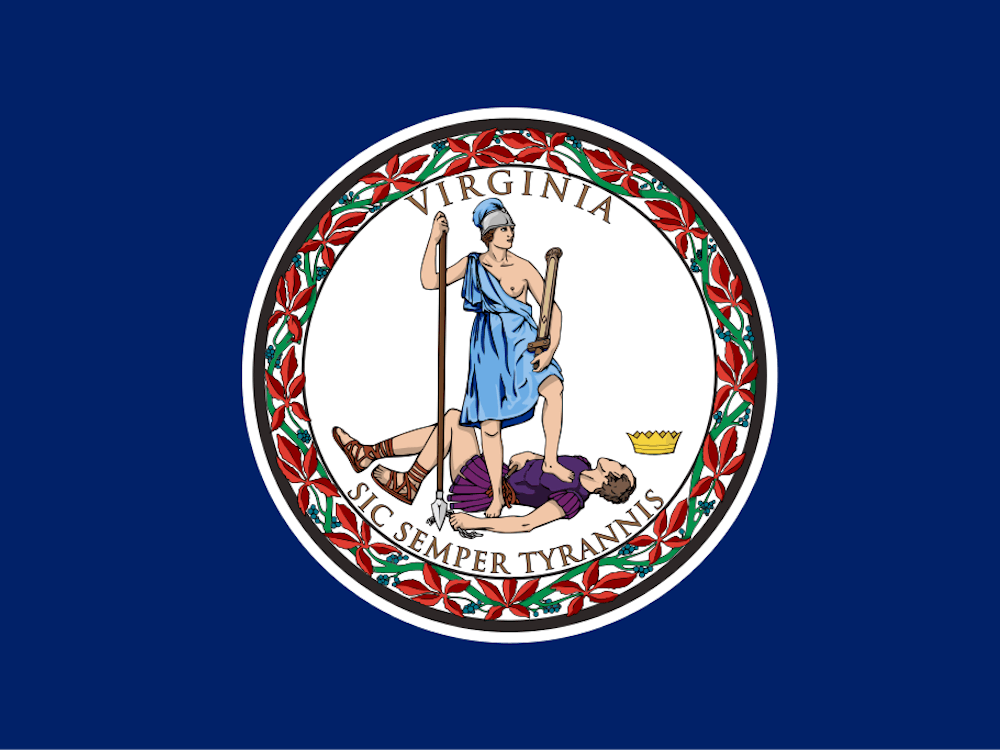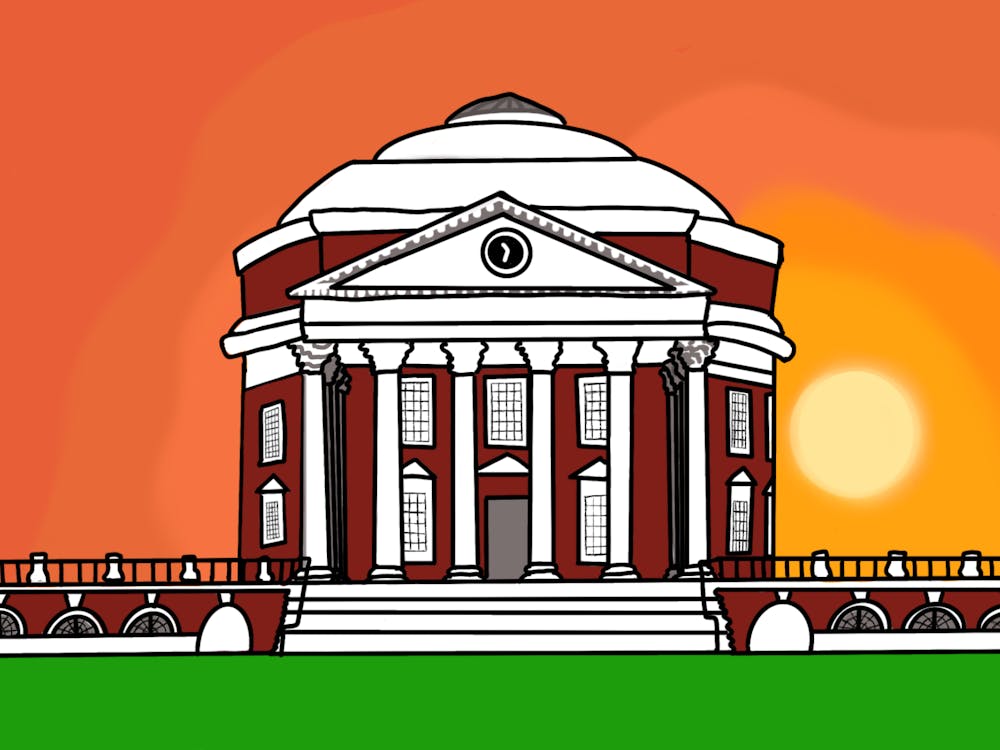ON SATURDAY, tens of thousands of Americans congregated in Washington, D.C., and other cities across the nation to protest the war in Iraq. This weekend, the major newspapers and networks grabbed the story and covered this major counter-movement against the war. Unfortunately, the media has done too little, too late. Until this weekend, the media has neglected the numerous other protests across the country, and this is irresponsible journalism.
According to a poll that appeared in the L.A. Times, 58 percent of Americans say the United Nations and the United States have not produced enough information to justify a war with Iraq ("A key find but not a smoking gun," Jan. 17). Clearly, Americans are cautious of going to war. Nevertheless, the mass media rarely covers rallies, organizations and protests against the potential war with Iraq. The media might have covered the biggest rally this last weekend, but on the whole, the media has unethically neglected a newsworthy movement in America.
The major networks and newspapers make the war with Iraq seem inevitable. The media has blindly taken the president's word that he has evidence that Iraq is producing weapons of mass destruction. Journalists should never accept such a statement as absolute truth, but their coverage revolves around the president's belief that the United Nations will ultimately find nuclear weapons.
The media reports on the mass deployment of troops to Iraq, but rarely the deployment of civilians to peace rallies at the nation's capital, universities or other spots. Covering the hawks and not the doves gives Americans the impression that the country is not only going to war, but that most citizens in America favor the war.
The only dissent the press will proudly report comes from Europe and the Middle East; rarely from the United States.
Dissent across the globe demonstrates the press' attempt to portray both the pro-war and anti-war arguments, but without valid coverage of the debate in the United States, Americans will never truly understand the entire American perspective on the war.
The L.A. Times coverage -- with its poll and analysis revealing American doubts about the war
-- is a start, but it hardly is indicative of the press as a whole.
September 11 has changed the media forever: News stations constantly have patriotic reminders in the background or omnipresent in the corner of the screen. The press, rarely, if ever, covered the dissent of the war against Afghanistan. The press, like many Americans, is afraid of appearing unpatriotic. Unfortunately, patriotism and war are dangerously entangled after the horrific terrorist attacks.
Journalists must pursue the truth at all costs -- the media should never be a manifestation of popular opinion or just the opinions of elected officials. Unfortunately, when the media neglects America's peace-loving citizens, the truth suffers.
Some will argue that the anti-war movement is too small or insignificant to deserve coverage. However, the media often features minority groups in their news reports. Jerry Falwell is often given airtime despite his radically conservative views, which most Americans disagree with.
Other special interest groups often influence the media as well, from the NAACP to CEOs of tobacco industries. The size of the interest group does not determine the newsworthiness of its action. The press must acknowledge peace-loving Americans as important as other special interest groups, but currently the mass media treats pacifists as a trivial part of American society.
The media clearly plays a powerful role in American politics. When the mass media neglects Americans fighting for peace, the population at large is unaware of anti-war movements and is thus much more likely to support the war. The media of course does not make decisions for people, but it does have the responsibility to cover all the important news of the times. The anti-war movement is an essential part of American political life right now. The gravity of any war makes dissent more important than any economic stimulus package, any budget debates or any battles over judicial nominees.
It's time the media treated the anti-war movement as important as any other faction in this country. Otherwise, the media is unethically pushing the country toward war.
(Patrick Harvey's column appears
Mondays in The Cavalier Daily. He can be reached at pharvey@cavalierdaily.com.)






